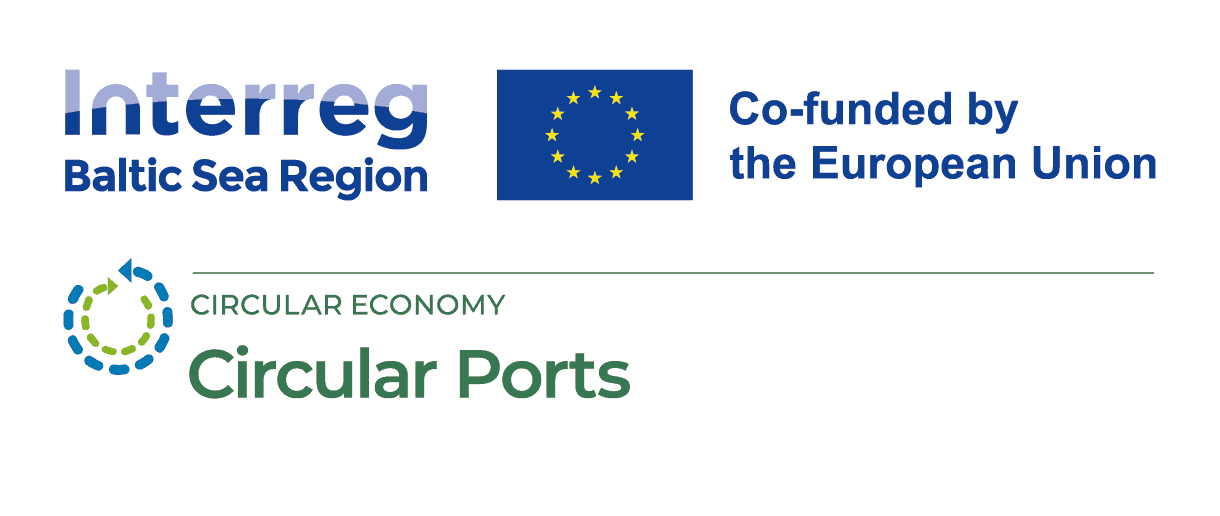
Successful Project Kick-off: Circular Ports – Shaping the Future of Circular Economy in Port Environments
10 March 2025
Mission: Bringing Circular Economy to Ports
As part of the European Green Deal strategy, Circular Ports aims to enable and scale circular economy (CE) business models within port environments. Ports are key interfaces between logistics, industry, and urban areas – making them ideal testbeds for innovative circular solutions.
Gunnar Platz (PLANCO Consulting) and Adina Cailliaux (Port of Hamburg Marketing) opened the meeting, followed by a round of introductions. Gunnar then provided an overview of the contracting status and emphasized the importance of CE in ports, where a better understanding of material and waste flows is essential to identify viable circular business opportunities.
Day 1: Content-Rich Kick-off and Expert Insights
The first day focused on the core work packages and project goals:
-
A 1.1: Developing a methodology to build a CE data basis in port environments – presented by Prof. Dr. Kerstin Kuchta (TUHH), outlining approaches for systematic data collection.
-
A 1.2: Matching CE data with R-strategies (Reduce, Reuse, Recycle, etc.) – also led by TUHH.
-
A 1.3: Regulatory sandboxes for circular initiatives – introduced by Palle Skyum from Port of Aalborg R&D, proposing test environments for innovative CE projects under real-life conditions.
The day concluded with a networking dinner, fostering informal exchange and collaboration between project partners.
Day 2: Administration, Communication and Looking Ahead
The second day focused on organizational aspects and planning:
-
Project management and communication structures were outlined by PLANCO, Port of Hamburg Marketing, and Centrum Balticum.
-
A storytelling workshop helped partners refine their project narratives and communication strategies across countries and stakeholder groups.
-
The session concluded with agreement on upcoming meetings and next implementation steps.
Background: Why Circular Ports?
Port environments currently lack comprehensive knowledge about material and waste flows – a key barrier to CE implementation. Circular Ports addresses this by developing and delivering:
-
A methodology for data collection, mining, and visualization to inform CE strategies in port environments;
-
Stakeholder platforms to promote industrial symbiosis;
-
Circular business models to motivate replication across the Baltic Sea Region;
-
A comprehensive CE toolbox as a scalable solution for other ports.
The project contributes not only to climate protection and resource efficiency but also offers clear economic benefits. According to the EU, applying CE principles could boost GDP by 0.5% and create over 700,000 new jobs by 2030. For businesses, closing material loops reduces dependency on raw materials and increases resilience against price volatility.
More information about the Circular Ports project, upcoming activities, and participating partners will be available soon on our official project website.





